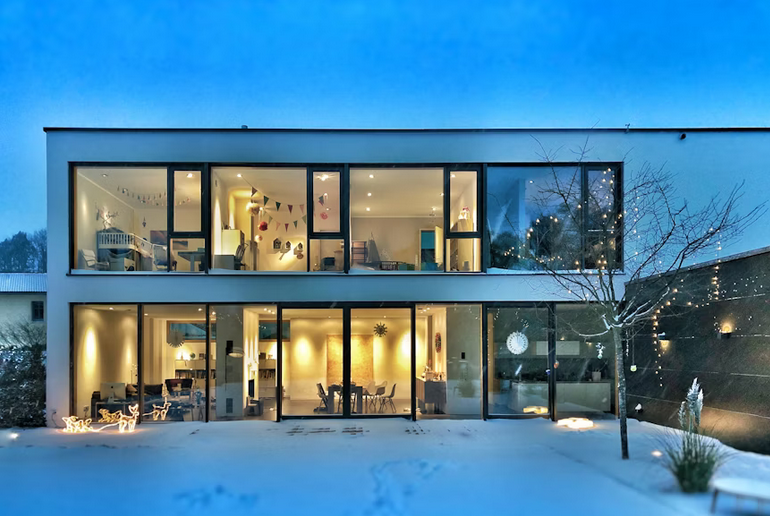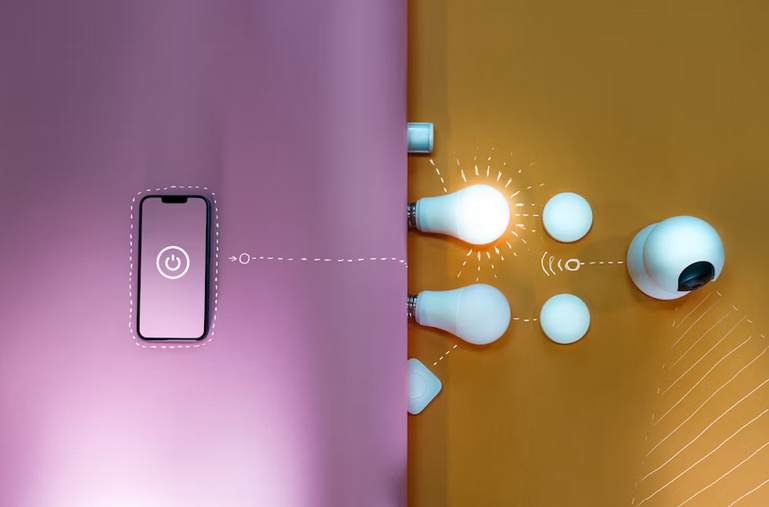As smart technology rapidly integrates into modern homes, we’re seeing everything from voice-activated thermostats to AI-powered surveillance systems shaping our everyday environments. While this innovation brings undeniable convenience and efficiency, it also raises an important question: can a home be too smart? As our houses become increasingly intelligent, we must confront the ethical dilemmas that come with handing over control to machines—often without fully understanding the implications.
Convenience at What Cost?
Smart homes are marketed as the epitome of modern living. With just a few taps on a smartphone or simple voice commands, homeowners can control lighting, temperature, security, and even their refrigerators. However, as more data is collected to power these conveniences, privacy concerns intensify. Devices are constantly listening, learning, and storing information, often with unclear data policies or insufficient transparency. According to reports by news.de/, even tech-savvy homeowners are often unaware of just how much their devices know—or share—about their daily lives. In this pursuit of convenience, we may be sacrificing a level of personal autonomy and privacy that we’ll later wish we had protected.
The Illusion of Control
One of the paradoxes of a smart home is that while it feels like we’re gaining control over our environment, we may actually be giving it up. AI algorithms make decisions on our behalf based on patterns, which may seem helpful—until they aren’t. For instance, predictive lighting or heating systems might override user preferences in favor of energy-saving goals set by manufacturers. If systems begin to self-correct or limit options for the sake of “optimization,” the home may no longer respond to its human occupants but to code written by distant developers. The line between helpful automation and overreach becomes blurry very quickly.
The Ethics of Surveillance in Your Living Room

Security cameras, doorbell video feeds, and motion sensors are often hailed as safety upgrades. But at what point does surveillance cross the line into intrusion? Many smart homes are equipped with always-on recording systems that can track everything from movement patterns to audio snippets of conversations. While these features aim to protect, they also normalize a kind of domestic surveillance that can feel more Orwellian than comforting. This becomes especially concerning in homes shared by children, guests, or renters who didn’t consent to that level of monitoring.
When AI Misjudges Human Behavior
Machine learning excels at pattern recognition, but it still struggles with context. A smart home system might flag unusual activity—like late-night pacing—as a security risk, when it’s actually just someone battling insomnia. In more advanced settings, AI can make assumptions that lead to errors in decision-making. Imagine a medical alert system failing to distinguish between a fall and someone doing yoga. These kinds of misjudgments can have real consequences, particularly when homes are being designed for elderly care or assisted living. Trusting AI with life-critical decisions, without human oversight, could open the door to ethical lapses we’re not prepared to handle.
Design for Humanity, Not Just Efficiency

Tech-driven architecture should serve the people who live in it, not the other way around. Smart homes must be designed with empathy, flexibility, and inclusiveness in mind. That means offering opt-out options, clear consent mechanisms, and systems that adapt to human needs rather than dictating behavior. Architects, developers, and tech companies must work together to create standards that prioritize ethical considerations just as much as performance or design. The future of home design isn’t just about being connected—it’s about being conscious.
As smart home technology continues to evolve, we must ask hard questions about the role it plays in our private lives. More gadgets and more automation do not automatically equal better living. A truly intelligent home should enhance well-being without compromising freedom, privacy, or dignity. The key is balance: technology should support us, not subtly control or surveil us. Before we fully embrace a future of AI-powered living spaces, we need to make sure that our homes are serving human values—not just smart ones.

